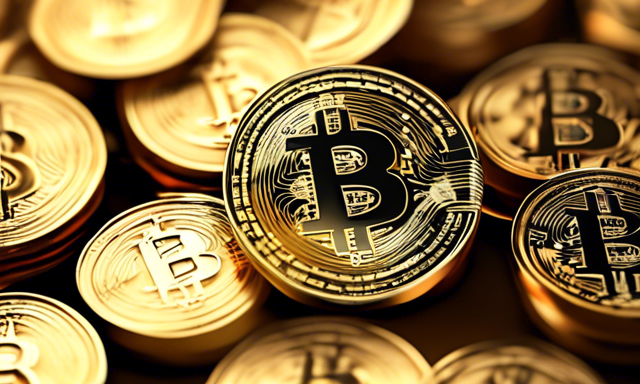Bitcoin Transaction Fees Soar Amid Increased Network Demand
Recently, Bitcoin transaction fees experienced a significant surge due to heightened network activity. This sudden spike in transaction costs came after a period of relatively low fees observed throughout July and mid-August. The surge in fees on August 22 resulted in a substantial increase in the average cost per transaction, reaching as high as $7.679. This surge in fees was primarily driven by overwhelming demand for network bandwidth, leading to congestion and longer processing times for transactions.
- Low fees made Bitcoin transactions more accessible to the general public.
- However, lower fees threatened to reduce miners’ revenues due to decreased earnings.
- The surge in fees was linked to increased demand for network bandwidth.
Impact of Lower Fees on Miner Revenues
While lower fees made it easier for users to transact in Bitcoin, they had a negative impact on miners’ revenues. Reduced transaction fees translate to lower earnings for miners who validate transactions on the network. The recent surge in transaction fees highlighted the challenges faced by users in completing transactions, with many in the crypto community experiencing significantly higher costs during peak demand periods.
- Low fees made Bitcoin transactions more accessible but reduced miners’ revenues.
- The sudden spike in fees was due to overwhelming network demand.
- Many users faced higher costs to complete transactions during the surge.
Bitcoin Miner Reserves Reach Two-Year High
Bitcoin reserves held by miners recently hit their highest level in over two years, raising concerns about a potential market downturn. Historical patterns indicate that surges in miner reserves often precede decreases in Bitcoin’s price. The increase in miner reserves brought the total to 368,000 Bitcoin, valued at approximately $22.36 billion. This rise in miner reserves has raised concerns about a potential sell-off by miners, which could lead to downward pressure on the market.
- Historically, high miner reserves have preceded declines in Bitcoin prices.
- The increase in miner reserves has raised concerns about a potential sell-off.
- Previous instances show a correlation between high miner reserves and price declines.
Iran Cracks Down on Illegal Cryptocurrency Mining
Iran is taking steps to combat illegal cryptocurrency mining within its borders as the country grapples with power shortages exacerbated by a severe heatwave. The government is offering financial incentives to citizens who report unauthorized crypto-mining activities, with rewards of up to 1 million toman (approximately $24) per tip. This crackdown on illegal mining activities aims to address the strain on Iran’s power grid and prevent further disruptions caused by excessive energy consumption.
- Iran is combating illegal cryptocurrency mining amid power shortages.
- The government offers financial rewards for reporting unauthorized mining activities.
- The crackdown aims to alleviate strain on Iran’s power grid.
Hot Take: Stay Informed and Engaged in the Crypto Market
As an investor in the crypto market, it is crucial to stay informed about trends and developments that can impact your investments. Whether it’s monitoring transaction fees, tracking miner reserves, or staying updated on regulatory actions, staying engaged with the latest news and analysis is key to making informed decisions. By understanding the factors driving market fluctuations and regulatory changes, you can navigate the crypto landscape more effectively and protect your investments.





 By
By
 By
By
 By
By
 By
By
 By
By
 By
By